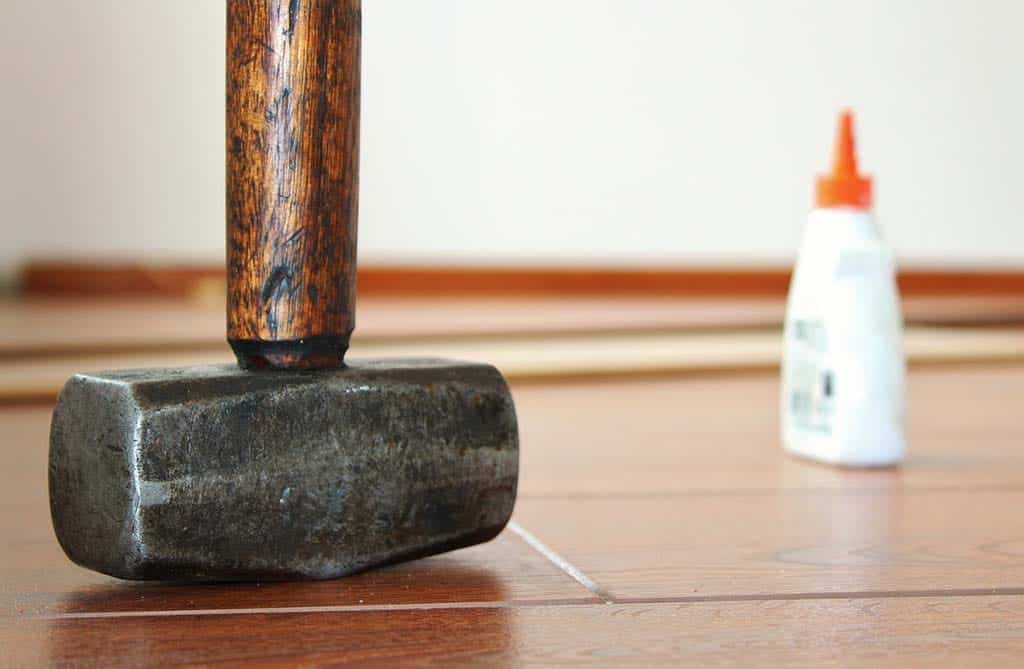Investing time and money to build a portfolio website seems like a daunting task, it isn’t though. There are enough reasons out there why you should take the time and invest the money to build your portfolio website right the first time.
Don’t get caught walking around the professional world naked, that’s what you’re doing when you don’t have a portfolio website. Get a security blanket now to protect your career and make employers seek you out with a professional website.
Build a Portfolio Website
Here are my top 10 reasons why you need to build a portfolio website now:
1) Be Seen: Others in your industry want to see the work you’ve done, they want to get inspired. If you don’t put your work out there then nobody can see your work or ideas. More important, potential clients and employers can’t see your work.
2) Be Heard: In addition to your portfolio items on your website, it’s a great idea to keep up in your industry. Putting your ideas and thoughts about industry trends out there with a blog is the best way to stay current and prove you’re an innovator and can solve the most complex problems.
3) Innovate: By putting your ideas down on the web you’re documenting them for retrieval by yourself and others. This not only allows you to retrieve those ideas later to help you work on your current project or stay focused, now others can see your ideas and add valuable insights too. Your project or idea becomes infinitely more powerful as more people see it and more are thinking about it.
4) Protect Yourself: The job market today is tricky to maneuver. There’s no such thing as a job for life so you need to prepare yourself. It may feel like you’re on top of your game in your organization and doing great work, but you never know when things will shift internally.
If you’ve prepared by securing rights to some of your work (all you have to do is ask!) and put them together into a portfolio website then you’re prepared to start job hunting right away. Just as it’s important to always keep your résumé/CV updated regularly, you should keep a well-maintained portfolio website that shows (not just tells!) all your latest accomplishments.
Set aside a few hours a month to organize and edit a project to show on your portfolio. It doesn’t take very long and the security it creates for your career is priceless. If you don’t have a tangible object to put on a portfolio website, start a blog documenting your ideas and work beliefs.
5) Learn: Learning a new task seems overwhelming with all the new information coming at you. With a blog you’ll be a more powerful and self-directed learner because you can keep track of what you’re learning and better reflect. Your learning can become a searchable thing if you write and reflect in your blog. No longer do you have to rely on memory or hope you learned it well enough.
As long as you take the few minutes to document your learning it will all be searchable right in your blog.
6) Evolve: You’ll better be able to grow in your career because you’ll be a more active and reflective learner. Your ideas and learning are evolving things, they never stand still and your opinions and habits in work are always changing. If you document your work then you’ll be able to not only see yourself evolve, you’ll better be able to see where you need to go next to succeed.
7) Build Credibility: You’ll build a presence in your industry and become known by others. The more people are familiar with your thoughts and work the more willing they are to trust you, therefore, building your credibility in the community.
Who are you going to trust more? The person who says they’ve created or done something, or the one who has shown they’ve created or done something? Not only that, but you would trust the person who has written extensively on and shown they’re familiar with the topic.
The one who provides solid proof will be more trusted and built enough credibility through their website that they don’t even need to convince anybody they’ve done great things and can do it again.
8) Build Following: Wouldn’t it be wonderful if your most avid blog reader hired you into your dream job? That can happen if you put yourself and your ideas out there. People will sign up to read your blog, they’ll be waiting for your next post hungry to read what you’re going to say next.
Your following can vouch for your skills. It also becomes easier to show someone you’re serious about what you do and can make some real change in their business.
9) Create Community: This seems like building a following but it varies in that you are creating discussion between followers and yourself. Your followers are no longer passive consumers of your thoughts rather they become active participants by commenting, sharing, and discussing ideas in social media. They help evolve your thinking and play into the “two heads are better than one” scenario.
Your following has gone to a new level when your portfolio items or blog posts are becoming a topic of discussion.
10) Market Your Skills: A portfolio website gives you a place that you control and can choose exactly how others see you. Put your best foot forward on your website with your best projects. There’s no excuse not to show your best work because you own your skills. Your organization may own a specific project but they can never own your skills which you can use to create demo’s just for your website.
If you’re a writer or a manager or something along those lines then your blog is the place to market your skills. If you’re a designer of some sort or use your skills to create something visual, your portfolio will be the place to market your skills.
Don’t Get Caught Naked
Your website is your security blanket that protects you from the uncertain job market. Don’t get caught naked when your organization re-aligns internal departments.
It doesn’t matter if you’re employed by the largest organization or a one person operation trying to find your next client, a professional portfolio website gives you the online presence needed to thrive in the current market.
Here’s how I always think about my website:
I regularly write new content and publish it to my website. I now have posts on a lot of different topics which lead people from all over the Internet to me. Not only do my blog posts do that, my portfolio projects do the same thing.
Traffic comes to my website regularly through organic searches and organic social sharing. It’s sort of like a funnel that is continuously growing larger at the top and I get to control the bottom better than I could ever with a site like LinkedIn or WordPress.com.
Do It
Get out there and do it now. Get
Start a blog now and start putting your ideas out there. Even if you start with a free service such as WordPress.com or Blogger that’ll at least get your ideas out there. While I advocate for a more professional display of your skills through a self-hosted website, a free service is a better start than doing nothing.
If you’re interested in learning more about why you should be thinking more professional and spend the money to do so, check out the free introductory videos on my course.
Social media can get a bit crazy at times. It presents great opportunities for discussion and spur of the moment conversations, but your website is the best place to take those thoughts back to, reflect on them, and truly make them yours.
Own your experience. Build a portfolio website, and do it professionally. If you’re a business, you should be working with a web designer that understands web design and the purpose for it rather than just the design.




